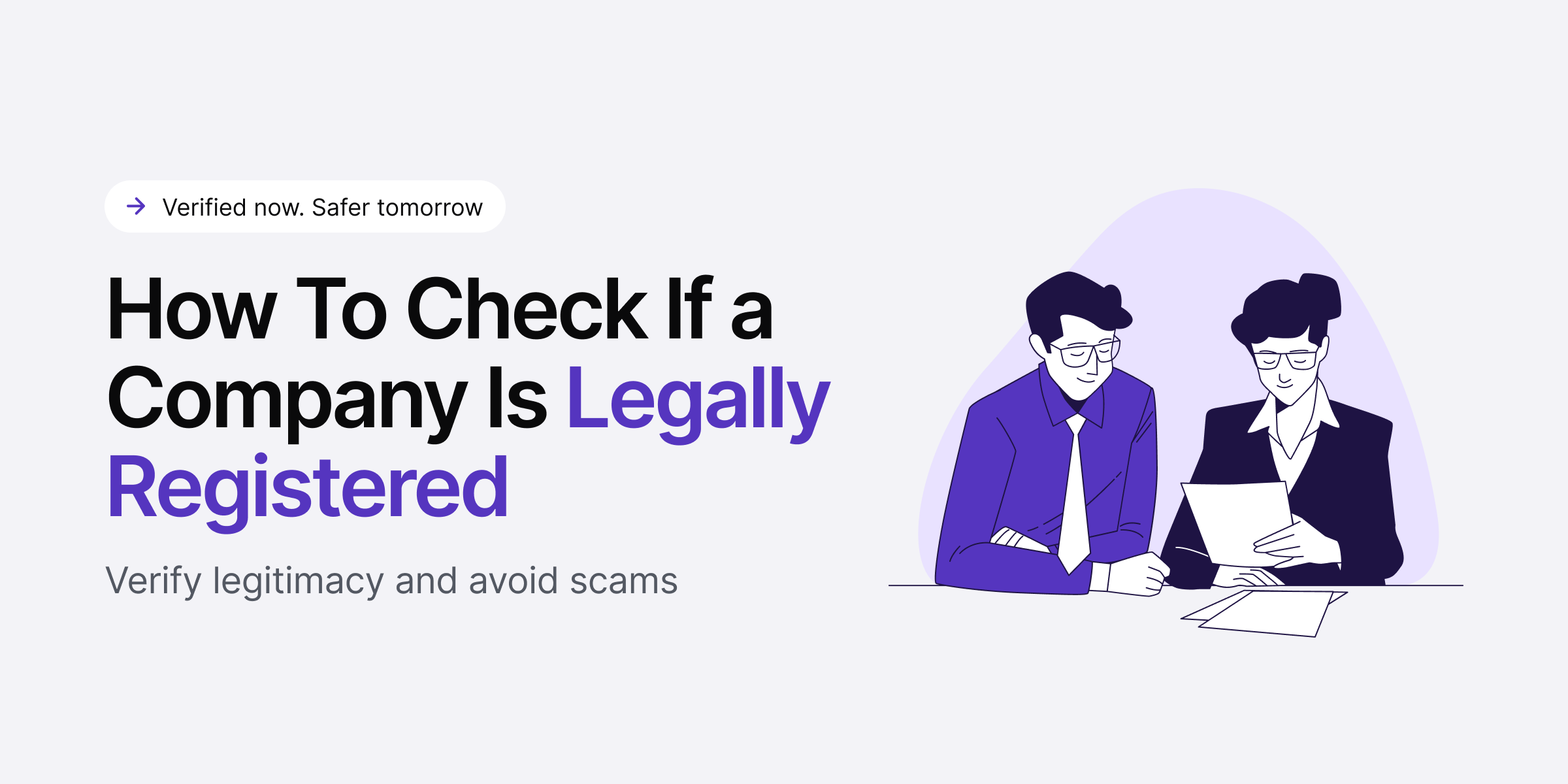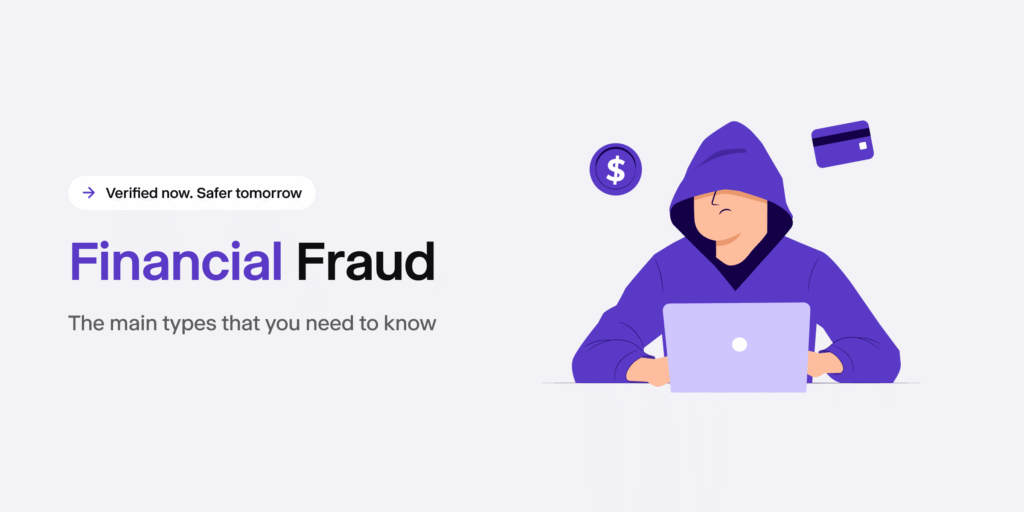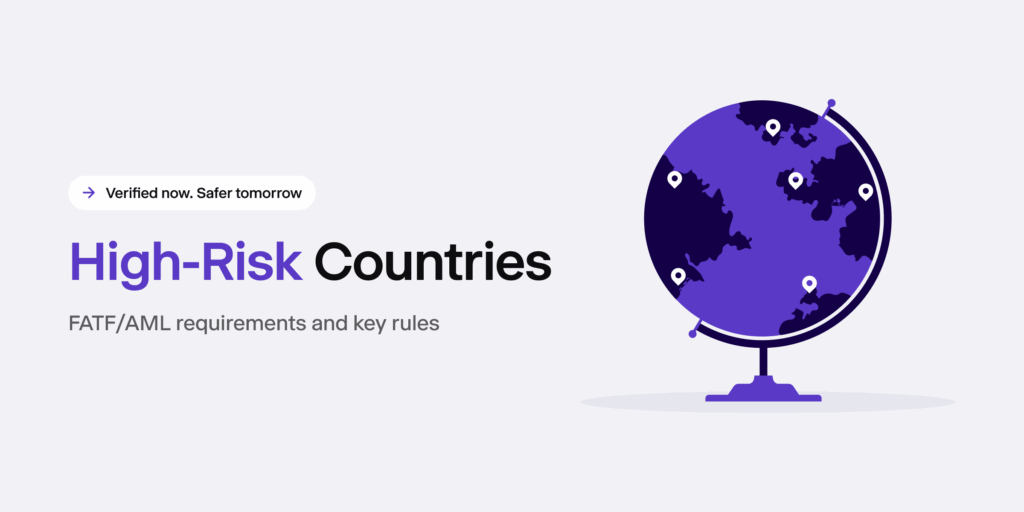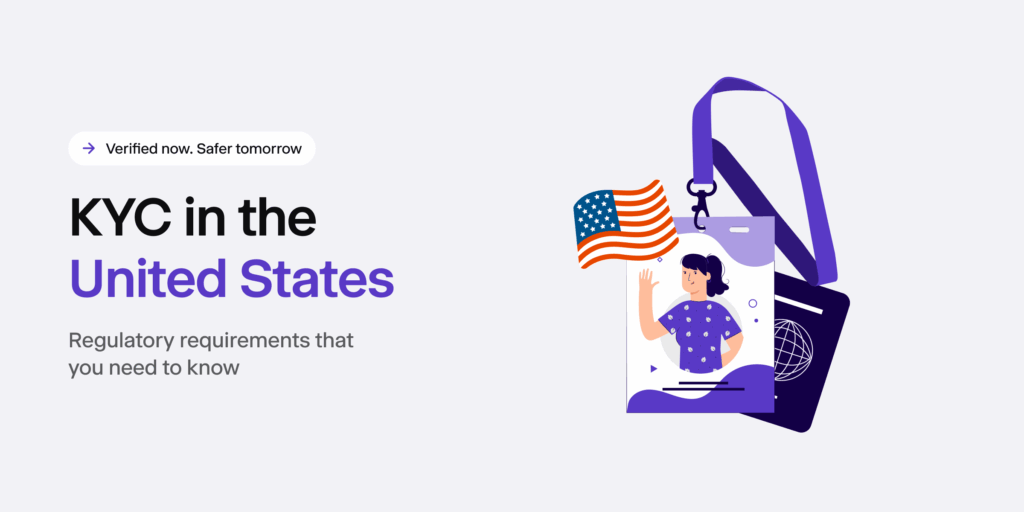If you are a consumer who is looking to avoid scams, or maybe a business vetting a new partner, or an investor conducting due diligence, knowing how to check if a company is legally registered is a critical step in protecting yourself and your interests.
Thanks to digital databases, online government registries, and global compliance platforms, verifying a business’s legitimacy is easy as of this day, but while tools have improved, scams have, too – and not all companies operate transparently.
Here is a guide for you on how to check if a company is legally registered in 2025, including what tools to use, red flags to watch for, and best practices for different countries and business types.
Why Verifying a Company’s Legal Status Matters
It is easy to assume that just because a company has a website, a social media presence, or even a listing on a business directory, it surely must be legitimate. Unfortunately, that is far from true. Fraudulent companies can mimic real brands, create fake business registrations, and even build full e-commerce platforms to trick users.
Verifying a company’s registration is important because it confirms:
- The business exists and is legally recognized by a government authority
- You are working with a real entity, not a fake company or scam
- The company has met basic regulatory and tax requirements
- You can locate public records such as ownership, registration date, and legal status
If you are signing a contract, making a large purchase, or entering a partnership, this verification is essential for due diligence.

What Does “Legally Registered” Mean?
A legally registered company is one that has formally filed its business details with the appropriate government, such as the Secretary of State (in the U.S.), Companies House (in the U.K.), or equivalent registry in its country of origin.
Registration always includes:
- Business name
- Legal structure (LLC, Corporation, Partnership, many others)
- Registered address
- Company number or registration ID
- Date of incorporation
- Names of directors or owners (in some jurisdictions)
Once approved, the company is added to a public registry, which is the starting point for verification.
How to Check if a Company is Legally Registered
- Start With the Country of Incorporation
The first step is to identify where the company is legally based. This may sound obvious, but many companies operate in multiple countries or have headquarters elsewhere.
If the company is claiming to be a U.S.-based business, for example, the relevant databases will differ from those you would use to verify a company in Canada, the UK, Singapore, or other countries.
Once you know the country, go to that country’s official business registry website.
Here are a few examples:
- United States: Varies by state, but most use a “Secretary of State” website
- United Kingdom: Companies House
- Canada: Corporations Canada
- Australia: ASIC Register
- India: Ministry of Corporate Affairs
Each site allows you to search for registered businesses by name, ID number, or director.
- Search the Official Business Registry
Once on the correct registry site, you can search using either the company name or the registration number (if provided).
Look for the following indicators to confirm that the business is officially registered:
- Active status: The business should not be dissolved or inactive.
- Correct legal name: A slight name change, even one letter, can indicate impersonation or fraud.
- Date of incorporation: Recently registered businesses should be researched more closely.
- Registered address: Compare it to the contact information on the company’s website.
- Director names: Some registries list current directors or beneficial owners.
If no results come up, that is a serious red flag. Either the company is not registered at all, or it may be registered under a different name than the one it is using publicly.
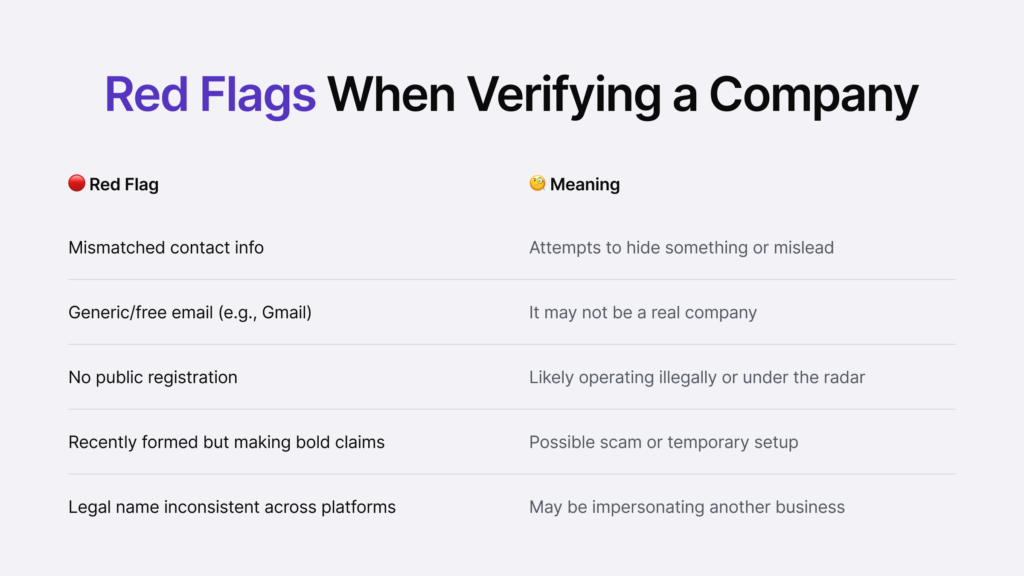
- Cross-Check With Global Databases
Many startups and businesses are operating globally. To make things easy for cross-border verification, you can use international databases that give company information from multiple sources.
These platforms are especially useful for checking whether a company is part of a larger group of collaborators or has subsidiaries in different countries.
- Look Up Tax and Licensing Information
In some countries, companies must also register separately for tax purposes or to obtain industry-specific licenses.
For example:
- In the U.S., you can check for EIN registration with the IRS (though not publicly available, companies often provide EINs for verification).
- In the EU, the VAT number checker helps verify European businesses with valid tax IDs.
- Local business licensing boards or chambers of commerce may also have databases.
You can ask the company directly for their business license number or tax ID and then verify it with the appropriate agency.
- Check for Mismatches
Even if a company appears in a registry, there are still signs that something might be off. Watch for:
- Mismatched contact details (different phone/email than listed on the registry)
- No online presence beyond a generic-looking website
- Use of free email providers instead of company domains (e.g., Gmail, Yahoo)
- Inconsistencies in the legal name across documents or platforms
If you are seeing any of these red flags, it is worth digging deeper or reaching out to local authorities for confirmation.
- Use ID Verification and Due Diligence Tools
In B2B transactions, especially large contracts or partnerships, many companies now use ID verification and due diligence tools to confirm business legitimacy.
These platforms can:
- Perform background checks on companies and owners
- Check for sanctions or watchlists
- Confirm ultimate beneficial ownership
- Generate compliance reports
Popular tools include KYB (Know Your Business) services. These platforms help businesses remain compliant with AML/KYC laws while avoiding fraud and reputational risk.
What If the Company Is Not Registered?
If you can not find the company in any official or third-party database, you should proceed with extreme caution. Legitimate businesses must be registered to operate legally in most countries.
If a company claims to be new, you can ask for:
- A certificate of incorporation
- A business license
- Proof of business address or tax registration
No business should hesitate to provide documentation. If they do, it is very likely they are either not legitimate or not operating in full compliance.
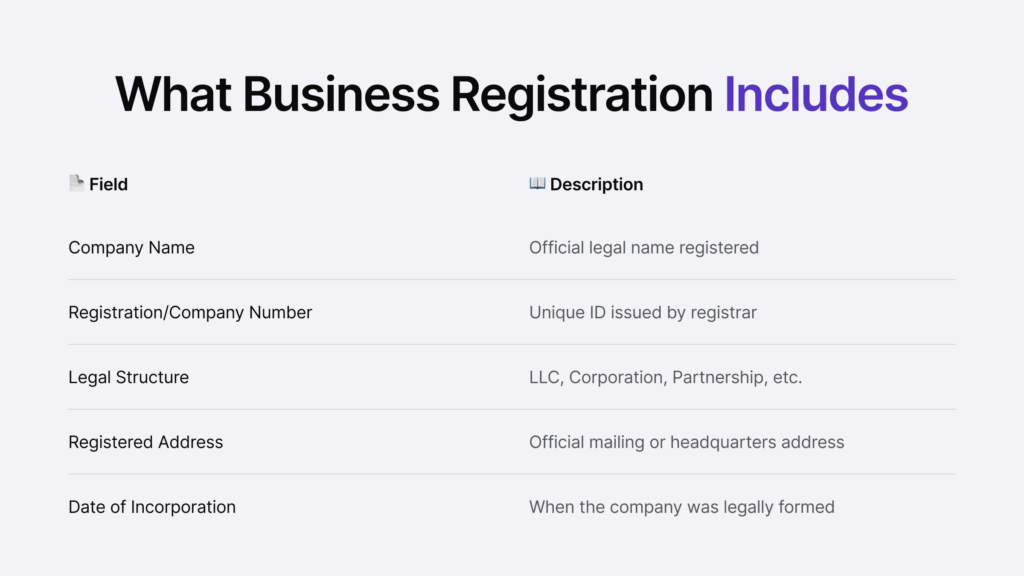
Conclusion
Knowing how to check if a company is legally registered is an essential skill in today’s digital-first economy. Scammers have become more sophisticated, but so have the tools at your disposal.
Start with the basics: find out where the company is based, search the official registry, and confirm the legal and contact details. Use global databases and compliance tools when dealing with international partners. And do not ignore red flags – if something feels off, trust your instincts and dig deeper.
Transparency and legitimacy are more than just formalities – they are the foundation of trust.
